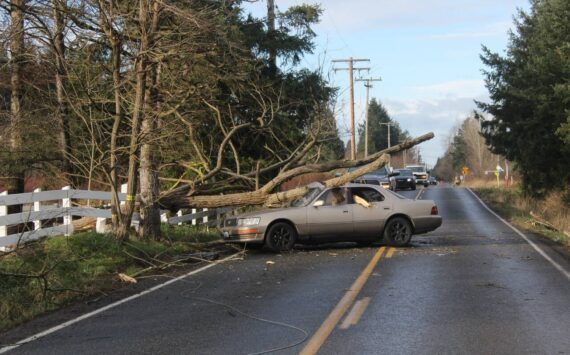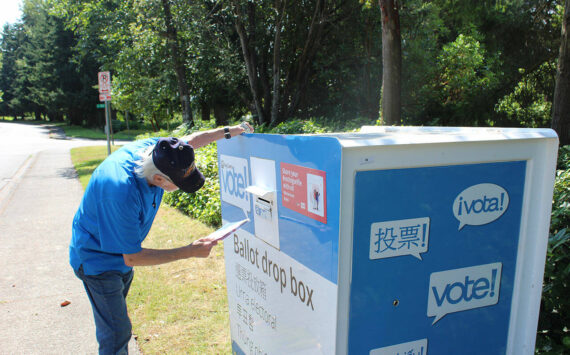A City Council committee has decided to spend more time studying a plan to create a stakeholders’ group to look into two proposed ordinances that some historic preservationists say would help save historically and architecturally significant buildings from demolition and reduce the amount of building materials sent to landfills during demolition.
At issue is a concern among preservationists that historically and architecturally significant buildings 50 years and older and not listed on the city’s historic register aren’t required to be reviewed by the city’s historic preservation officer or landmarks preservation commission prior to demolition permitting. As such, say preservationists, these buildings are at risk of being destroyed.
Last year, representatives of Historic Tacoma, a preservation advocacy group, met with two city council committees — community and economic development, and neighborhoods and housing — to seek support for a stakeholders’ group to examine whether a demolition review ordinance could be one way to save these buildings. On June 17, the city council’s environment and public works committee met to hear from Historic Tacoma board president Sharon Winters and other local preservationists.
One proposed idea for a demolition review ordinance calls for a developer seeking a demolition permit for a building 50 years or older to also submit photographs of the building’s condition and documentation of its age to the city’s historic preservation office and landmarks preservation commission for review.
“Reviews would not prevent demolition of older structures, but would be effective in assessing the historic significance of the structure and the impact of demolition on neighborhood character,” said Winters.
If the structure is deemed historically significant and eligible for the city’s register, a defined period of time would be set during which a nomination could be submitted.
Similarly, Historic Tacoma has also recommended a stakeholders’ group look into the creation of a proposed ordinance that would provide incentives for the re-use of building materials during demolition. One proposed plan calls for a deposit or prepay for solid waste costs that would be added to the demolition permit process. Another plan would encourage the relocation of older buildings slated for demolition.
Though preservationists were not seeking the council committee’s endorsement of these proposals, they were still major platform issues that gave some councilmembers.
“It does concern me, the authority that would be given,” said Councilmember Connie Ladenburg.
The council committee asked city staff to further study the impact of a demolition review ordinance from permitting, public works, landfill, and Growth Management Act perspectives. The committee is expected to revisit the topic in the next couple months.







